The Big Bang Theory for Kids
- Transfer
How would you tell the story of the universe to an 8-10 year old child?
To get started, get started.
- William Wordsworth
The Big Bang is one of the greatest scientific achievements of the 20th century. It is difficult to imagine, but in the year 1900 we believed that the entire Universe - everything that exists - consists of our Milky Way and stars, planets and nebulae inside it, and all this obeys Newton’s law of gravity.
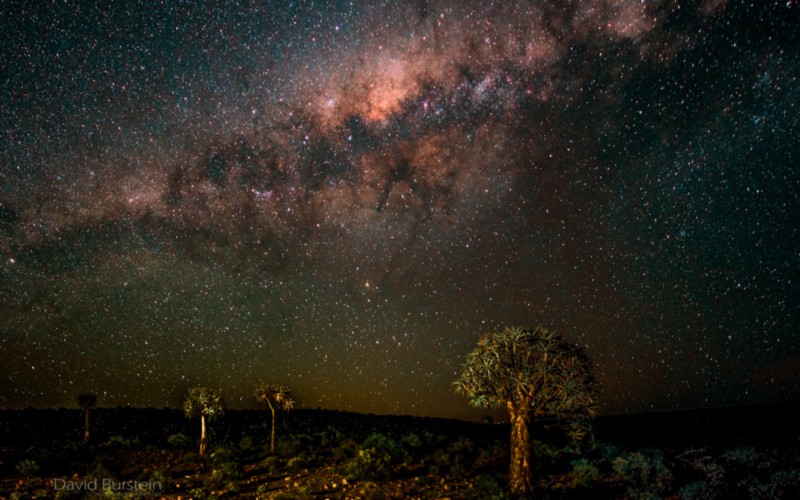
How far we have come in such a short time! Most of us have heard from an early age that the Universe arose from the Big Bang, and although this name is easy to remember, how many of us know how to explain this phenomenon to children asking questions about it? In the end, most of us can hardly understand it, given what a discouraging concept this is!

I think that it can be comprehended by children even 8 years of age, and possibly even younger age. Imagine the following:
The universe is a race, and the Big Bang is a starting pistol.
If you were a child and would like to compete against an adult, would it be honest to start the race from the same position and run the same distance?
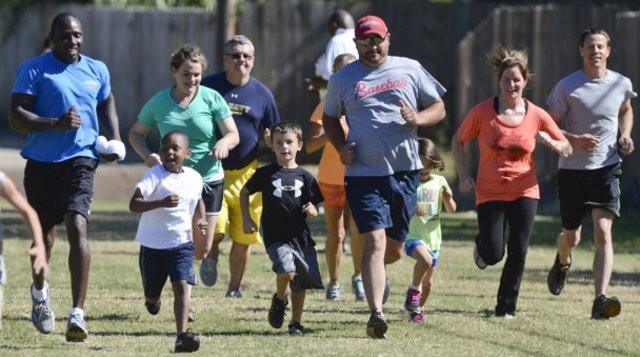
Of course not. If we wanted to give you a chance to win, we would give you a head start to make the competition more fair.
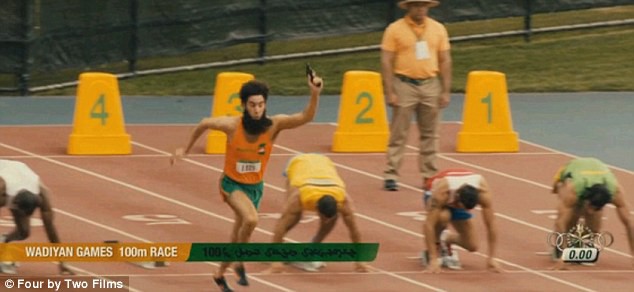
This does not mean that the race would be 100% honest. If the handicap is too big, you can easily win, and if it is too small - adults will catch you long before the finish. But if we do not know how fast you run, and how fast the adults involved in the race run, we know that the handicap will give you a chance.
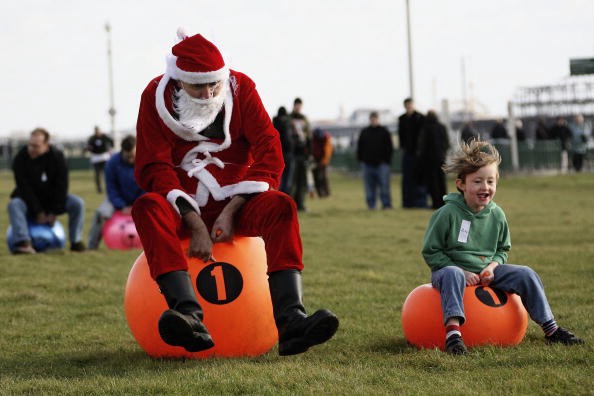
In the Universe, the race does not go on foot, and neither you nor the adult rival running towards the finish line are competing. The race goes between all the tiny particles of matter - the small particles of which we are all composed - and gravity, the force that holds us down, wherever we are on Earth.
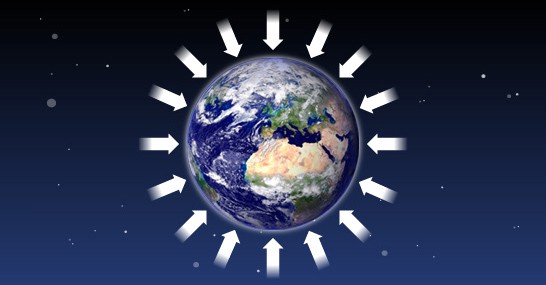
Just like a child with a handicap, every piece of matter in the Universe starts a race, having a chance to win.
We live here because here, on Earth, around the Sun, in our Milky Way galaxy, gravity won! All the small pieces of matter that began to scatter from each other were pulled together by gravity. For billions of years and after many stars appeared and disappeared, one small part of the galaxy shaped us!

But most of the space is empty, and galaxies share vast distances! Most galaxies scatter from each other too quickly for gravity to pull them together, and most of the matter scatter from galaxies and from each other. Only in a few places did luck smile at gravity, and it won; in most cases, small pieces of matter were too big a head start, and now they are running away. Today, most of them are too far apart!
The Universe is a big competition between small pieces of matter, which began to scatter from each other, and gravity, trying to pull them together. We are spectators who appeared very late; here in the Milky Way, gravity has long won. In fact, billions of places the size of a galaxy where gravity has triumphed are scattered throughout the universe!
But in most places, matter scattered, and most individual galaxies also successfully scattered from each other.
If we had appeared earlier, we would have seen the process of this race: the competition between gravity, trying to pull together pieces of the universe and the original fast matter, trying to escape. And the sooner we move forward in our thoughts in time, the closer we will be to the beginning of the race, which was the Big Bang.
The universe is a race, and the Big Bang is a starting pistol.
